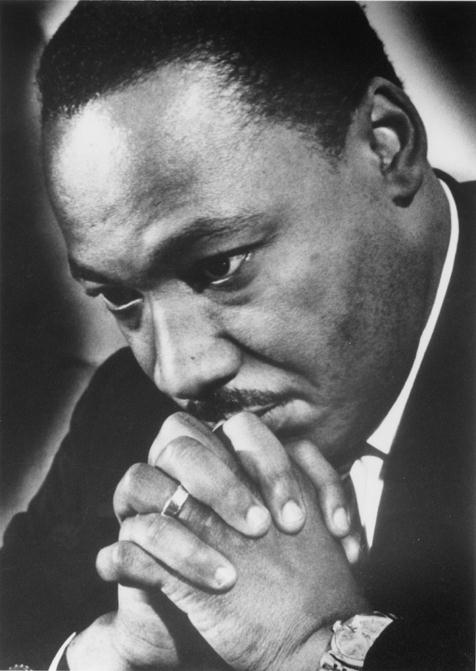
In recalling today the incredible work of Dr. Martin Luther King, Jr. we are also reminded of both how far we have come and how far we have to go in the fight to end oppression and restore human dignity to the millions who still suffer under injustice and slavery.
“Our lives begin to end the day we become silent about things that matter.”
These words from Dr. Martin Luther King Jr. are powerful as we commemorate the life and work of a man who gave his life for justice.
There is a common belief that slavery no longer exists; unfortunately, that is simply not the case. The practice of buying and selling human beings is still intact, just in new forms. Today as you read this, women and children are bought and sold as objects in the sex trade to fulfill grown men’s fantasies. Just like any market, sex trafficking takes various forms and is not consistently defined as depraved or wrong by every individual or nation; but as Nickloas Kristof has proffered, “whatever one thinks of legalizing sexual transactions among adults, we should all be able to agree that children shouldn’t be peddled like pizzas.”
Despite the many heroic efforts by activists, judges, law enforcement, case workers, community groups and others, domestic minor sex trafficking is still rampant in the United States. Of the many ills and underlying acts of depravity in the news today, the scourge of domestic minor sex trafficking rises to the top as a prime example of why we cannot rest; as Dr. King Jr. imparted years ago, “until all are free, none of us are free.” It is with this same principle that Shared Hope is working on the crucial goals of preventing trafficking, restoring hope to victims and finally bringing justice to those who do harm.
Similar to how Dr. King Jr. encouraged activists to take greater and greater action in an effort to spark legislative and social reforms related to civil rights in the 1960s. Today, Shared Hope and others are aiming for similar energy to be put toward bringing greater justice and restoration for those who have been wronged by a developing legal system which allows buyers of sex with children walk free and victims of trafficking to fend for themselves. This MLK day join in us celebrating the efforts of all those who have and continue to fight for equality and justice in this country.
Here are ways to take action on the MLK holiday and continue the work of a man who stood for equality and justice in face of cruelty, hatred and systemic oppression.
Legislative Action:
- S.140, The Combat Human Trafficking Act
- S.178, The Justice for Victims of Trafficking Act
- H.R. 350. Human Trafficking Prevention, Intervention, and Recovery Act of 2015
Campaigns:
- Kids Are Not For Sale In Virginia
- January: Human Trafficking Awareness Month
- End Human Trafficking at the Super Bowl
Join the fight and help put an end to trafficking in the United States, and as you do remember this work requires all of us and that real change takes collective action; in the words of MLK, “We cannot walk alone.”
 Recently we posted
Recently we posted 








